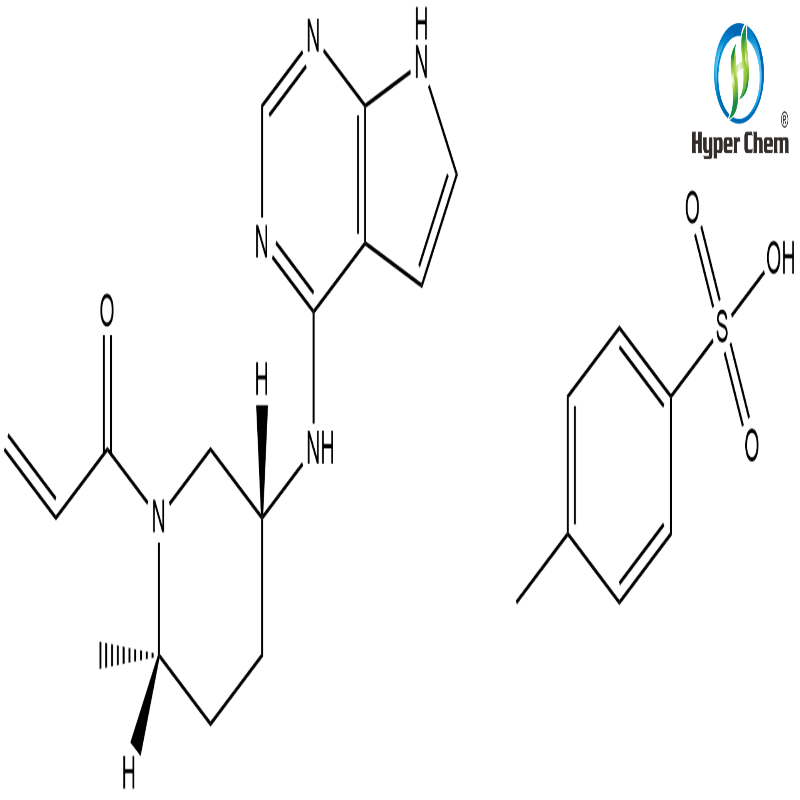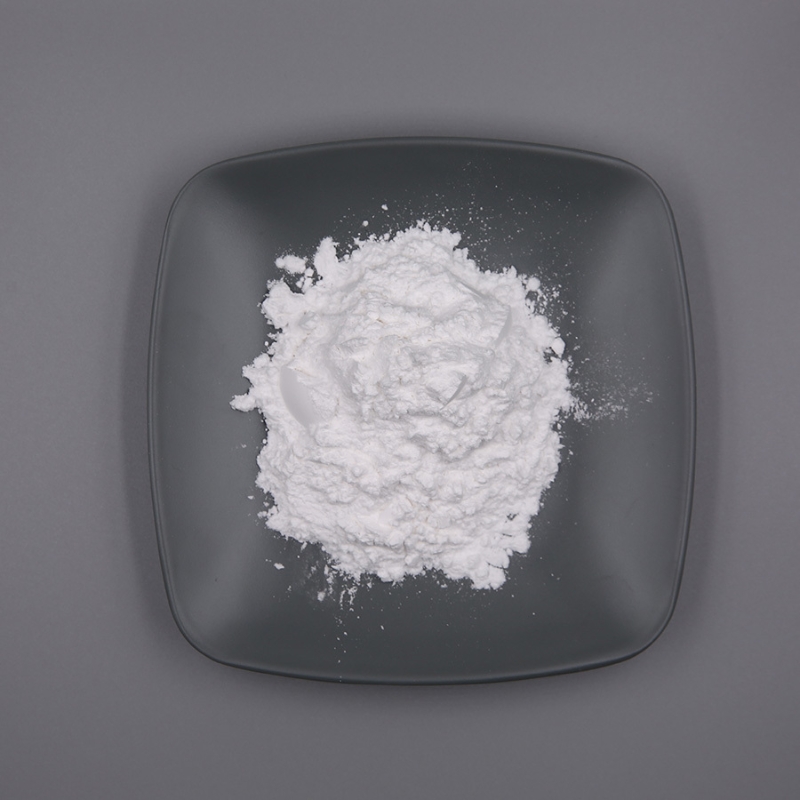-
Categories
-
Pharmaceutical Intermediates
-
Active Pharmaceutical Ingredients
-
Food Additives
- Industrial Coatings
- Agrochemicals
- Dyes and Pigments
- Surfactant
- Flavors and Fragrances
- Chemical Reagents
- Catalyst and Auxiliary
- Natural Products
- Inorganic Chemistry
-
Organic Chemistry
-
Biochemical Engineering
- Analytical Chemistry
-
Cosmetic Ingredient
- Water Treatment Chemical
-
Pharmaceutical Intermediates
Promotion
ECHEMI Mall
Wholesale
Weekly Price
Exhibition
News
-
Trade Service
January 18, 2021 // -- A recent study published in the international journal Science Advances entitled "RIPK3-mediated is conserved β-cell response to ER stress", from Scientists at Vanderburg University and others have discovered a new special pathland that opens up islet β cellular inflammation, a hallmark of type 2 diabetes, that could help develop new targeted therapies for diseases affecting one-tenth of the U.S. population.
Diasts in the pancreas β cells do not produce enough insulin, type 2 diabetes occurs, and insulin helps the body maintain normal blood sugar levels β;
Photo Source: CC0 Public Domain, researchers have developed a special protein called the subject-to-protein kinase 3, which mediates inflammation of the islet and the subsequent dysfunction and death of β cells; In the zebrafish model, which is prone to type 2 diabetes, the researchers found that overeating may cause islet β cells to initially increase, but by the fourth day, one-third of the β cells will die and eventually zebrafish will develop diabetes.
researcher Chen said that when screening for a variety of β cell-protective drugs, we focused on a drug that inhibits RIPK3, and while the protein is best known for inducing cell death, the researchers were surprised to find that The function in islet β cells is to promote inflammation; RIPK3 is activated in β cells when zebrafish overeat, and researchers have found evidence that can reveal similar reactions in human β cells.
now researchers have found that inflammation of the islet may be a key factor in the pathogenesis of type 2 diabetes, and they have now identified a potential molecular mechanism that induces this inflammation.
RIPK3 is widely found in a wide range of tissues and organs in the body, but in some tissues it appears to produce an anti-inflammatory response; by in-depth analysis of riPK3's mechanism of action in β cells, researchers can develop drugs that specifically target islet cells without neutralising the benefits of RIPK3; and researchers plan to conduct further studies to clarify whether the inhibitor drugs identified can slow the development of diabetes in other common models.
original source: Bingyuan Yang, Lisette A. Maddison, Karolina E. Zaborska, et al. RIPK3-mediated inflammation is a conserved β cell response to ER stress, Science Advances (2020). DOI:10.1126/sciadv.abd7272







